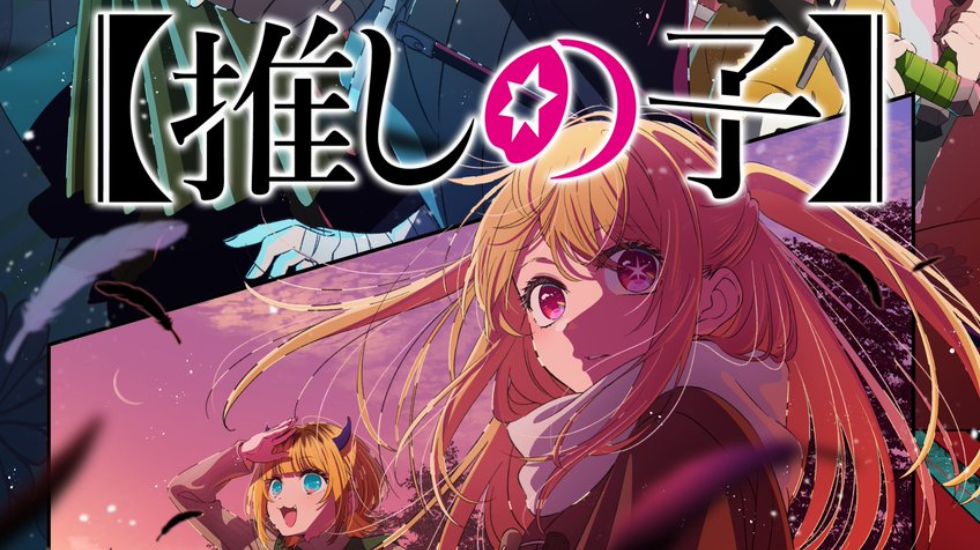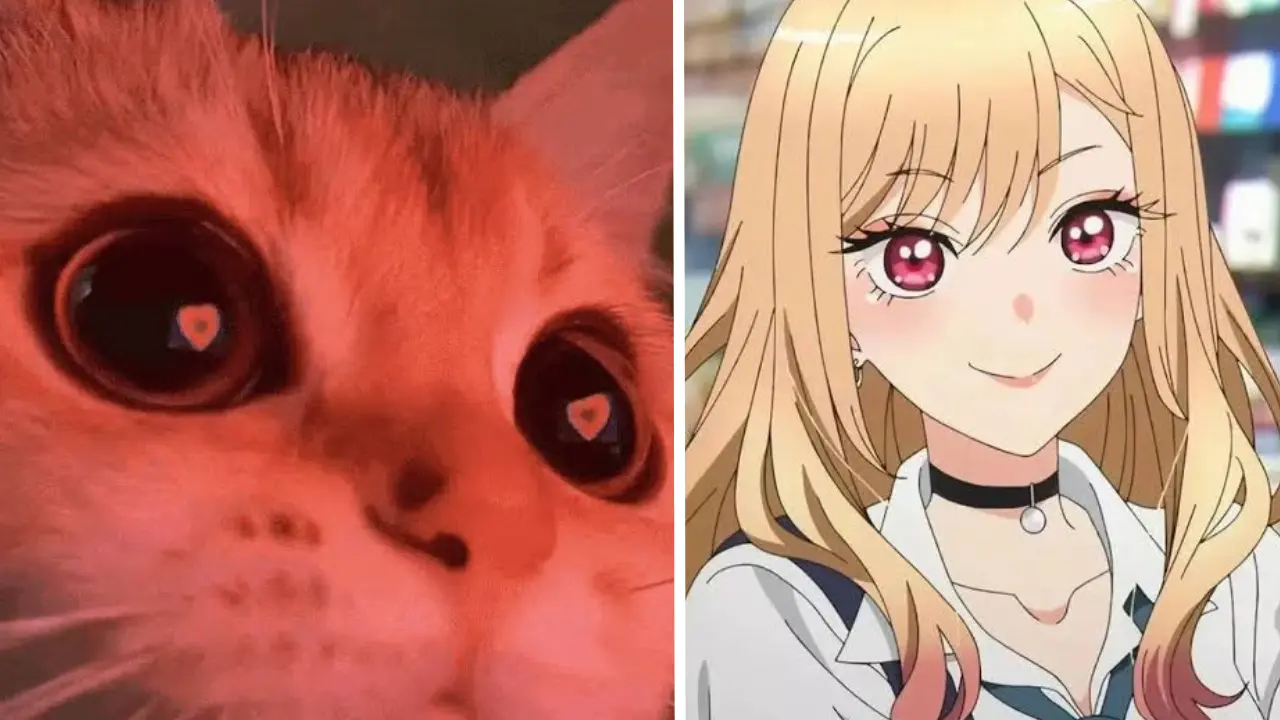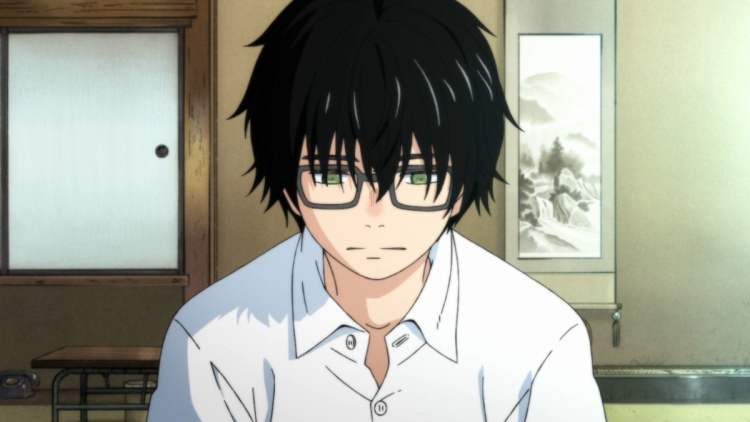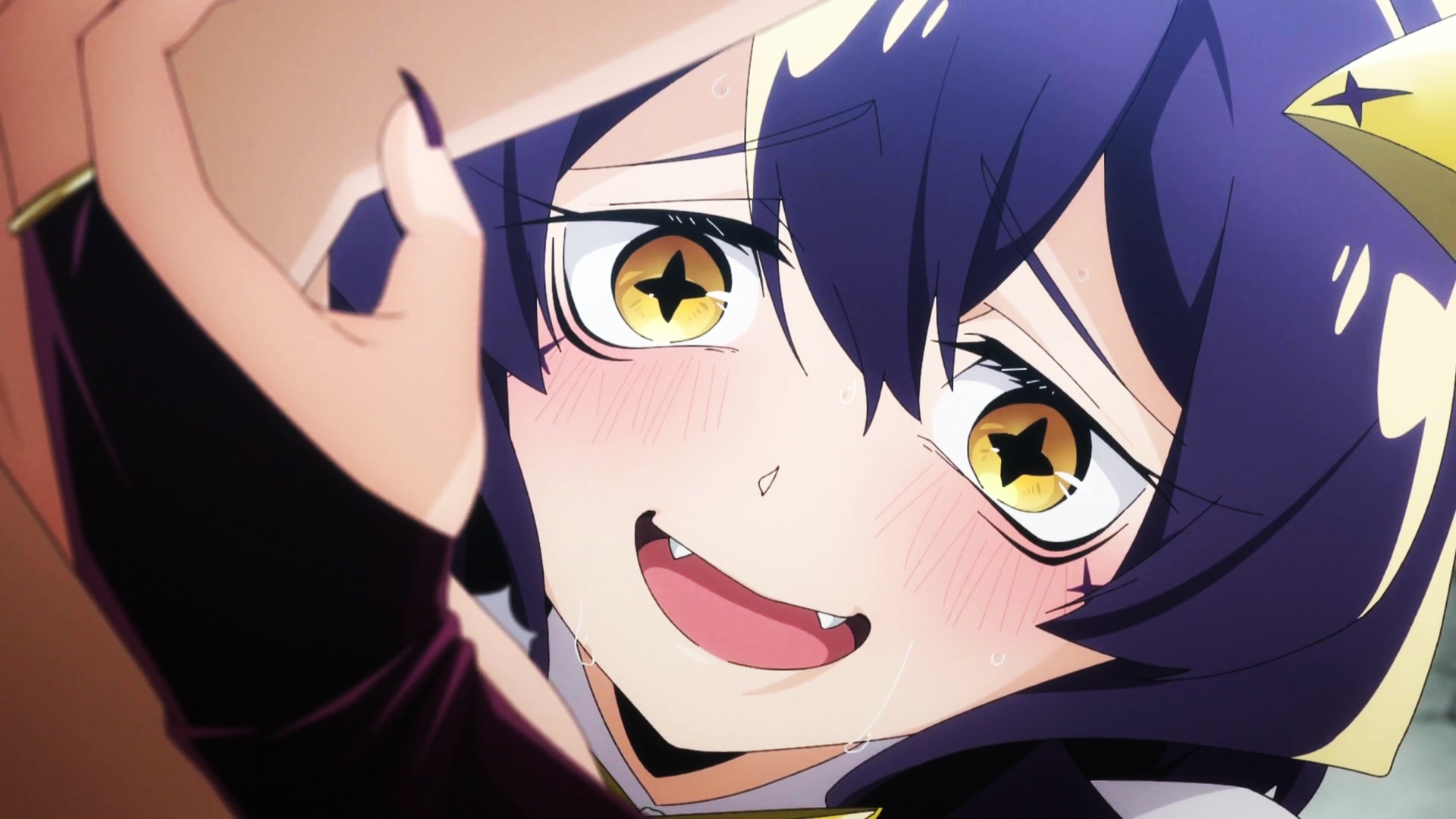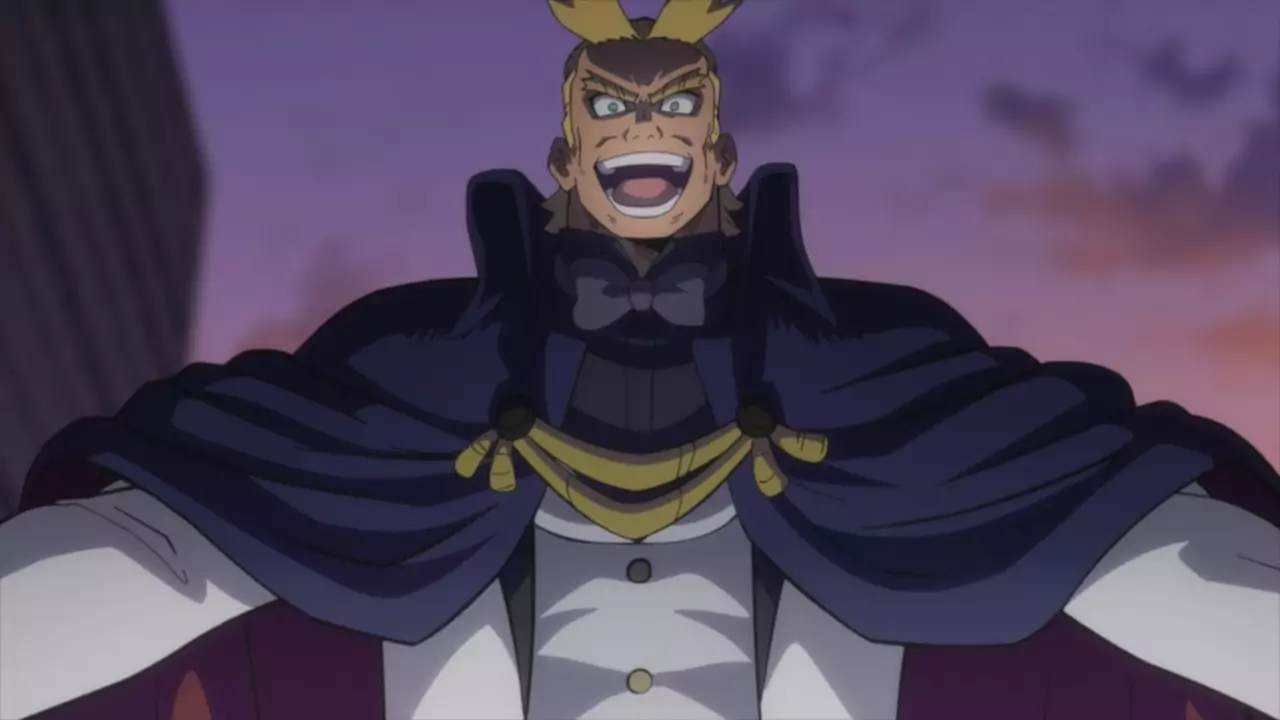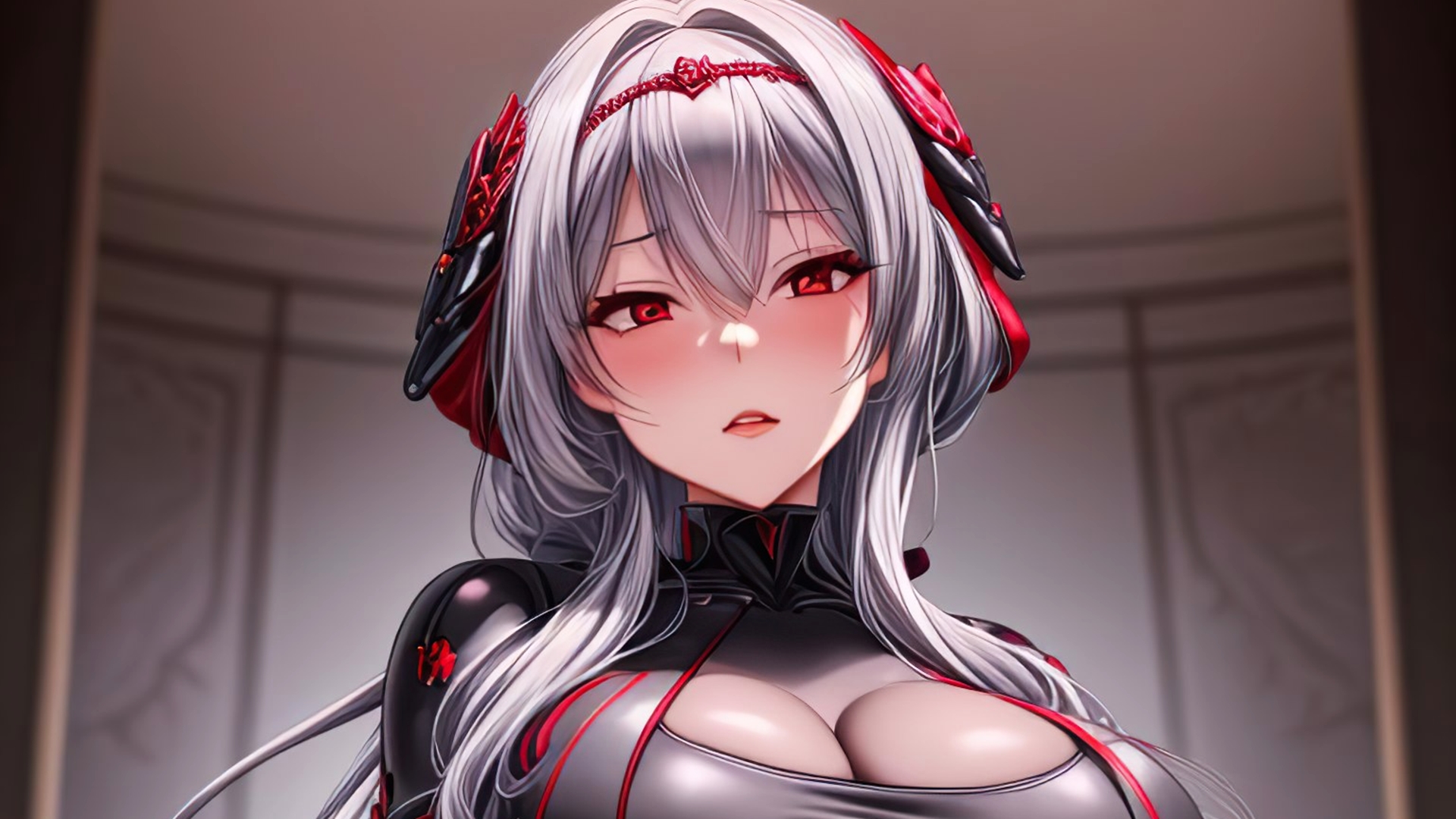Otaku Culture
Otakus debate gender equality in anime
Advertisement
Recently, Opinion shared on Twitter about gender equality in the anime and manga industry has become a trend, generating an intense debate between fans and professionals in the sector. The opinion highlights that, despite accusations of gender discrimination, the anime and manga industry in Japan has historically been a space where women have had the opportunity to stand out as much or more than men.

The user argues that the manga industry does not have a significant gender disparity, citing notable examples such as Ryouko Kui, author of “Dungeon Meshi”and Rumiko Takahashi, creator of “Urusei Yatsura”, which showed that women can excel in this field. The publication highlights that women have played a crucial role in the industry for decades, refuting the idea that manga and anime are spaces dominated by gender discrimination.
The opinion also mentions that, Women have worked full-time in the anime industry since the 1950s.long before the term “women’s activism” became popular. A notable example is Studio Ghibliwhich in 2008 created a daycare center for the children of its employees, demonstrating its commitment to inclusion and support for female workers.
The publication criticizes the perception that the anime and manga industry is a bastion of gender discrimination, arguing that this idea is unfair and misinformed. The user suggests that the presence of strong and active female characters in anime, such as “warrior girls”, reflects the reality of an industry where women have had a significant and active presence.
The opinion generated a wide variety of responses on social media. Some users support the author's view, stating that the anime and manga industry has been progressive in terms of gender equality. Others, however, believe that there are still issues of discrimination that need to be addressed.
- «I heard there are no women in the Shonen Jump editorial department.».
- «This is because their target audience is boys. If there were no women at Margaret Publishing, this would be a problem.».
- «Shueisha is openly conservative. Nowadays, it is impossible for Jump's target audience to be only boys. This editorial reflects an ideology».
- «In the world of manga and anime, there are many female directors».
- «Fundamentally, the issue is off-topic. Just because creators are allowed to participate freely doesn't mean the content they create isn't discriminatory.».
- «It's a world where talent matters. If you can create an interesting manga, you win, regardless of its genre.».
- «Is the otaku industry seriously considered a bastion of gender discrimination? Both men and women create characters that are favorable to them, isn't it balanced?».
- «Saying “even women” is incorrect. In the otaku field, women are superior in both production and consumption.».
- «Whether female characters appear in works and whether female artists can succeed are two different things. Women are often portrayed in discriminatory ways.».
- «Aren't women the ones who hated otaku men? If they were discriminated against in the past, it's understandable.».
- «Rumiko Takahashi was criticized by Mamoru Oshii. On second thought, Beautiful Dreamer is a misogynistic work created by Oshii».
- «The author of Kimetsu no Yaiba is also a woman».
- «Content aimed at women often ends up becoming misandry».
- «There are no proper lobby groups in the otaku industry, so feminist organizations attack it because it is an easy target.».
- «The world of anime is pure fantasy. They don't know how to interact with real women, they have immature and aggressive ideas. I know this from anime icons».
- «Anyone who has anime icons at a certain age probably doesn't have a family, and that's why they're so aggressive.».
- «I thought it was common knowledge that there are a lot of women in anime companies. In the Kyoto Animation fire, more than half of the victims were women. Don't you watch the news?».
- «There are many women who have discriminatory ideas against other women and against trans people. It is not enough to have many female workers for an industry to be open to women.».
- «In the anime and manga industry, low wages are a problem for both men and women. It's not fair to generalize by gender.».
- «The problem is not the industry, but rather the works that represent women in a discriminatory way. It is better not to defend anime in such a superficial way.».
- «Animators and manga artists are self-employed and cannot be discriminated against based on gender. Animators are underpaid and have human rights issues that go beyond gender.».
- «It's true, women star in so many series that I'm already bored».
Source: Yaraon!
